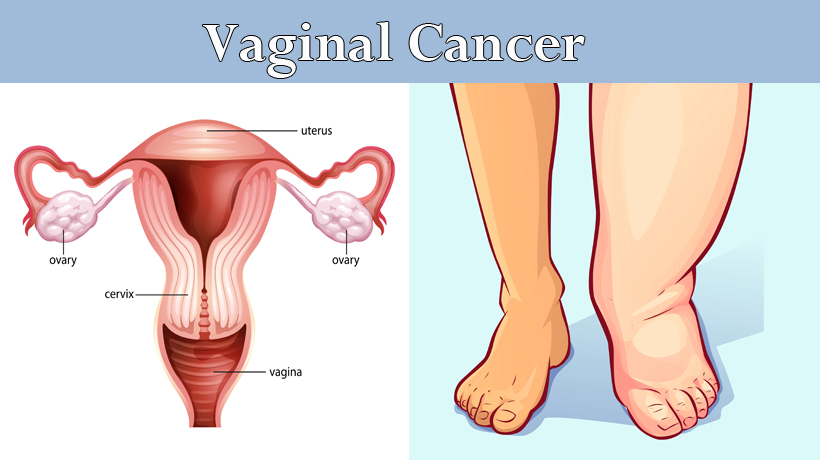For most healthy women, vaginal cancer isn’t so high up on the list of conditions to detect: it’s rare, and none of its symptoms are particularly unique to this sneaky killer. In fact, according to the Center for Disease Control & Prevention, while all women are susceptible to contracting vaginal cancer, only 6 to 7 percent of diagnosed gynecological cancers in the U.S. account for both vaginal and vulvar cancers combined. Regardless of your age or general health, beware of the five common symptoms of vaginal cancer, and know when to get checked. After all, the earlier the condition is caught, the higher the likelihood for successful treatment.
Abnormal vaginal bleeding
According to the American Cancer Society, vaginal cancer that hasn’t spread to nearby tissue is unlikely to cause symptoms. However, if the cancer has spread and developed into invasive vaginal cancer, telltale symptoms begin manifesting. One of the most profound indicators of vaginal cancer is abnormal vaginal bleeding, particularly after or during sex. If you’ve already gone through menopause and experience bleeding, get checked.
Abnormal vaginal discharge
Is the color or consistency of your vaginal discharge out of the norm? Watery discharge, in particular, is an indicator of vaginal cancer. While abnormal discharge could simply be a sign of an infection, it could be a sneaky symptom of vaginal cancer and should warrant a checkup.
A lump in your vagina
Check if there’s an obvious mass in your vagina. If you feel something abnormal, visit a healthcare professional.
Painful urination
According to The American Cancer Society, if your vaginal cancer has spread beyond the vagina to nearby structures and lymph nodes, it has become advanced vaginal cancer. One hallmark indicator of this condition is pain while urinating. If you feel discomfort or pain when you pee, you might be exhibiting a symptom of advanced vaginal cancer.
Swelling in the legs
Do your legs feel enlarged or bloated for no apparent reason? If you experience this symptom or any of the others listed, it is recommended that you get checked.
Sources:
https://www.mdanderson.org/publications/focused-on-health/august-2014/cancer-symptoms-women.html
https://www.mayoclinic.org/diseases-conditions/vaginal-cancer/symptoms-causes/syc-20352447
https://www.cancer.org/cancer/vaginal-cancer/detection-diagnosis-staging/signs-symptoms.html
https://www.cdc.gov/cancer/vagvulv/basic_info/index.htm



